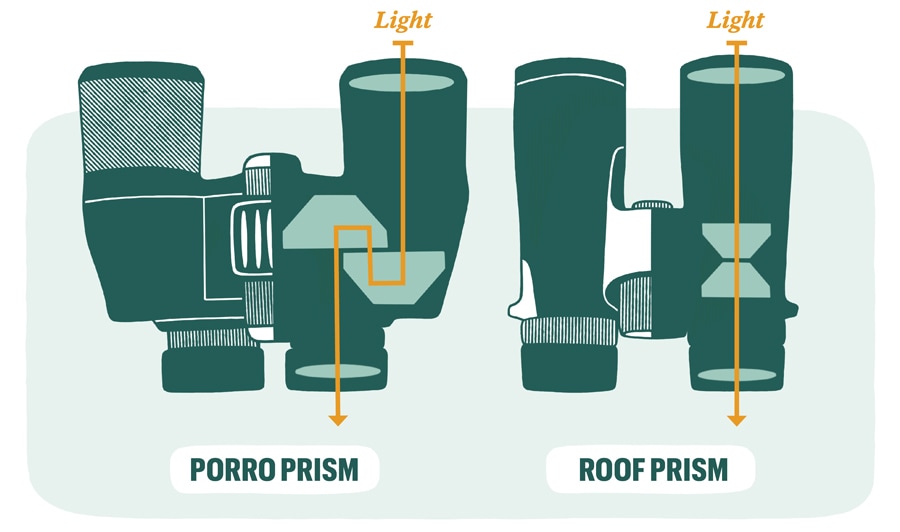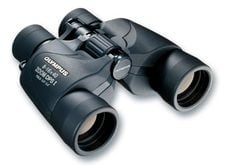Understanding the Technology Behind Modern Binoculars for Sharp Sights
Understanding the Technology Behind Modern Binoculars for Sharp Sights
Blog Article
The Importance of Field Glasses in Education and Scientific Study: Just How These Optical Instruments Contribute to Knowing and Exploration
The combination of field glasses right into instructional setups and clinical study is frequently ignored, yet their payment to improving observational skills is considerable. In disciplines ranging from environmental scientific research to astronomy, field glasses serve as crucial devices that advertise questions and essential reasoning.
Enhancing Observational Abilities
In instructional and study settings, using field glasses significantly enhances observational abilities amongst pupils and specialists alike. These optical instruments help with a deeper understanding of distant topics, making it possible for customers to observe information that would or else stay unseen. By utilizing field glasses, learners can examine wild animals, astronomical phenomena, and geological developments, cultivating a much more profound connection to the subject.
Field glasses act as necessary devices in field studies, urging trainees to engage proactively with their atmosphere. Through improved observation, they can gather information a lot more efficiently, leading to boosted analytical skills. This hands-on experience permits the advancement of vital thinking, as trainees should analyze what they see and associate it to theoretical expertise.

Bridging Theory and Method
Empirical skills developed with the usage of binoculars naturally cause an extra extensive integration of theoretical understanding with functional application. By taking part in straight observation, learners can transform abstract ideas into concrete experiences. This harmony cultivates a much deeper understanding of clinical concepts as students link academic frameworks with real-world phenomena.
For instance, when examining avian biology, pupils can use their expertise of bird makeup and behavior through the lens of binoculars, observing traits such as plumage variation, feeding routines, and migratory patterns. This straight involvement not just enhances academic ideas however likewise grows important reasoning and analytical skills.
Furthermore, the use of binoculars encourages students to create theories based on their observations, thereby boosting their clinical query skills. They can actively evaluate these hypotheses in the field, bring about an extra experiential discovering atmosphere that promotes inquisitiveness and expedition.
Basically, binoculars work as a crucial tool in linking the space between class understanding and fieldwork - Binoculars. They encourage trainees to become energetic participants in their education and learning, encouraging an all natural method to understanding the environment and its complexities. Therefore, the integration of concept and practice is vital for promoting educated and engaged students
Applications in Environmental Science
Utilizing field glasses in environmental scientific research boosts the capability to observe and analyze communities with better accuracy. These optical tools are important for carrying out area research studies, making it possible for researchers to keep an eye on wildlife populations, analyze plant health, and review environment conditions without disrupting the all-natural environment. Field glasses facilitate the identification of varieties at various distances, permitting scientists to gather essential data on biodiversity and habits.
In ecological research study, binoculars are essential tools for ornithologists studying bird behavior and movement patterns. They enable researchers to tape-record monitorings over long durations, contributing to useful longitudinal researches - Binoculars. In addition, binoculars play an important function in habitat evaluations, as they enable for the thorough monitoring of plant areas and their communications within ecosystems
Environmental educators likewise benefit from binoculars, as these instruments boost experiential knowing opportunities. Pupils can involve straight with their environments, cultivating a much deeper recognition for eco-friendly systems. By incorporating binoculars right into instructional programs, teachers can motivate the following generation of environmental scientists.
Role in Astronomy Education
Making use of binoculars in astronomy education and learning gives an accessible portal for trainees and lovers to explore celestial sensations (Binoculars). Unlike huge telescopes, field glasses are portable, easy to use, and relatively low-cost, making them a suitable introductory device for observing the evening sky. Students can quickly engage with the universes, promoting a hands-on knowing experience that enhances their understanding of expensive principles
Field glasses enable customers to observe a range of holy objects, consisting of the Moon, earths, and star collections. Notably, field glasses offer as a bridge to more complicated huge instruments, supplying fundamental experiences that can spark deeper interest in the field.
In academic setups, directed binocular sessions can advertise team collaboration and discussion, the original source boosting the finding out experience. The common experience of observing celestial objects can grow a feeling of community amongst students. On the whole, binoculars play a vital role in demystifying astronomy, making it approachable and engaging for individuals at all degrees of education and learning.

Inspiring Interest and Questions
Binoculars not just help with the monitoring of holy phenomena however additionally fire up a feeling of inquisitiveness and inquiry amongst students. By offering a more detailed look at far-off things, field glasses encourage learners to ask inquiries and check out the atmosphere around them. This device changes passive discovering right into an energetic, engaging experience, fostering a deeper understanding of clinical concepts.
When trainees use field glasses to observe wild animals, landscapes, or expensive objects, they develop observational skills that are vital for clinical inquiry. The act of concentrating on particular details triggers them to develop theories, perform examinations, and reason based upon their observations. This process not only boosts their crucial believing capabilities however likewise supports a long-lasting interest for exploration.
Additionally, binoculars can bridge the void between theoretical expertise and real-world application. Eventually, the use of field glasses in academic settings offers as a driver for interest, empowering pupils to pursue expertise with interest and fostering a feeling of wonder concerning the world around them.
Conclusion
In recap, binoculars function as necessary tools in education and learning and scientific study, dramatically enhancing empirical skills while connecting the space between theoretical expertise and functional application. Their diverse applications in areas such as environmental science and the original source astronomy emphasize their value in cultivating interest and questions among trainees. By helping with detailed assessments of distant subjects, field glasses not only influence the following generation of scientists however additionally cultivate a find out here profound recognition for expedition and the scientific technique.
Report this page